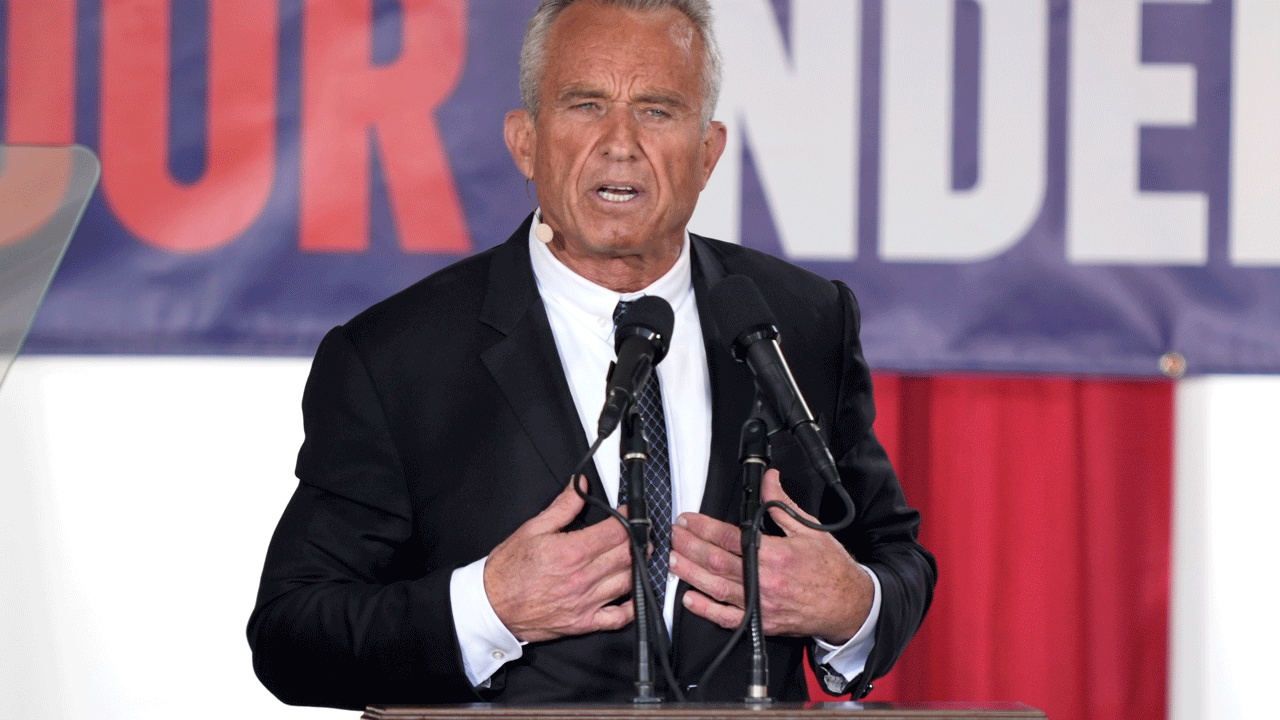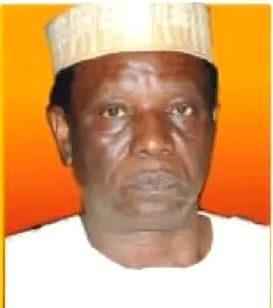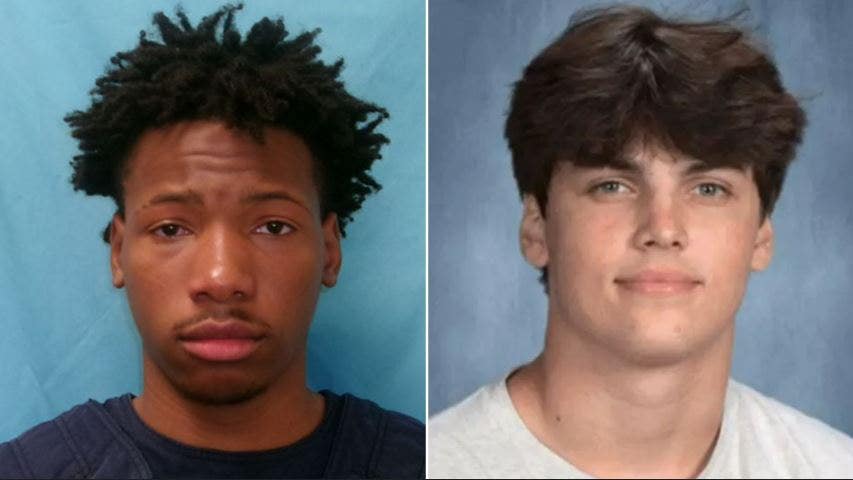Obviously, the rules that arose out of Watergate need some serious revision. Almost as importantly, administrators at state supreme courts and bar association disciplinary counsels need to act with a sense of urgency when lawyers are actively undermining confidence in the rule of law and democracy itself. New standards need to be adopted that specifically target—as imminent threats to the legal system—those who falsely assert election fraud. Moreover, their licenses to practice law must be pulled or suspended, without delay.
As with all Trump-related cases, delay is the mortal enemy of effective self-regulation by the bar. Two examples illustrate the depth of the problem.
Sidney Powell still retains her Texas license to practice law, shocking as that may be to many. Powell, along with a group of other attorneys, was the subject of a stinging sanctions opinion authored by federal district court judge Linda Parker in August 2021. The sanctions came out of a case filed in Michigan by Powell and others, alleging massive fraud and seeking to throw Michigan’s electors to Donald Trump, despite the fact that Joe Biden overwhelmingly won the state by more than 150,000 votes.
Judge Parker was direct about the seriousness of the ethical violations by counsel. “This lawsuit represents a historic and profound abuse of the judicial process,” she wrote. “It is one thing to take on the charge of vindicating rights associated with an allegedly fraudulent election. It is another to take on the charge of deceiving a federal court and the American people into believing that rights were infringed, without regard to whether any laws or rights were in fact violated. This is what happened here.” As part of the sanctions order, Judge Parker referred the lawyers to their respective state disciplinary authorities.
In June 2023, the Sixth Circuit Court of Appeals upheld the bulk of the sanctions imposed by Judge Parker’s decision, and then the United States Supreme Court let the decision stand by refusing to take the case this past February.
Despite this established record of ethical wrongdoing, in February 2023, a Texas trial court in a state disciplinary action against Powell dismissed the claims on summary judgment without consideration of the underlying merits. Rather, the court ruled that the Texas disciplinary authority had mislabeled and misreferenced evidence. That judgment is currently on appeal.
In Georgia, meanwhile, Powell was charged in the sprawling racketeering case brought last summer by Fani Willis, the Fulton County, Georgia, district attorney. Powell reached a plea deal with prosecutors in October 2023 and agreed to plead guilty to six misdemeanor counts, admitting to attempts to unlawfully access secure elections machines in Coffee County, Georgia. (Top lawyers in Texas renewed efforts to bring disciplinary proceedings against Powell after she pleaded guilty in Georgia.)
The bottom line is that after three years of proceedings, Powell, based in Dallas, retains her license to practice law. A visit to the State Bar of Texas website reveals nothing about Powell’s disciplinary history or her guilty plea in Georgia. It does helpfully note that she provides foreign language assistance in French.
At the other end of the spectrum, the bar in New York moved quickly with regard to Rudy Giuliani—but it was too late to undo the damage done. Authorities found that Giuliani made false statements following the 2020 election at “press conferences, state legislative hearings, radio broadcasts (as both a guest and host), podcasts, television appearances, and one court appearance.” Giuliani’s massive press barrage, coupled with 65 lawsuits, arguably led millions of Americans to believe the presidential election was stolen—a notion that continues to be embedded in the minds of many in the electorate.
As the analysts for Just Security noted, apropos of Giuliani and an array of attorneys: “It’s arguable that these lawyers have undermined popular support for constitutional democracy at a foundational level. Notwithstanding the nearly complete failure of all of these election-fraud lawsuits, a large percentage of the public believes the 2020 election results to be the product of fraud. One could say that the public’s misapprehensions of fraud in the 2020 results are themselves the product of fraud—on and in the courts and in other public fora, accomplished by this set of lawyers, among other people.”
New York, in fact, has a mechanism to suspend a lawyer’s license in an emergency situation. A rogue lawyer “may be suspended from practice on an interim basis during the pendency of an investigation or proceeding on application or motion of a committee…upon a finding by the court that the respondent has engaged in conduct immediately threatening the public interest.”



















Discussion about this post